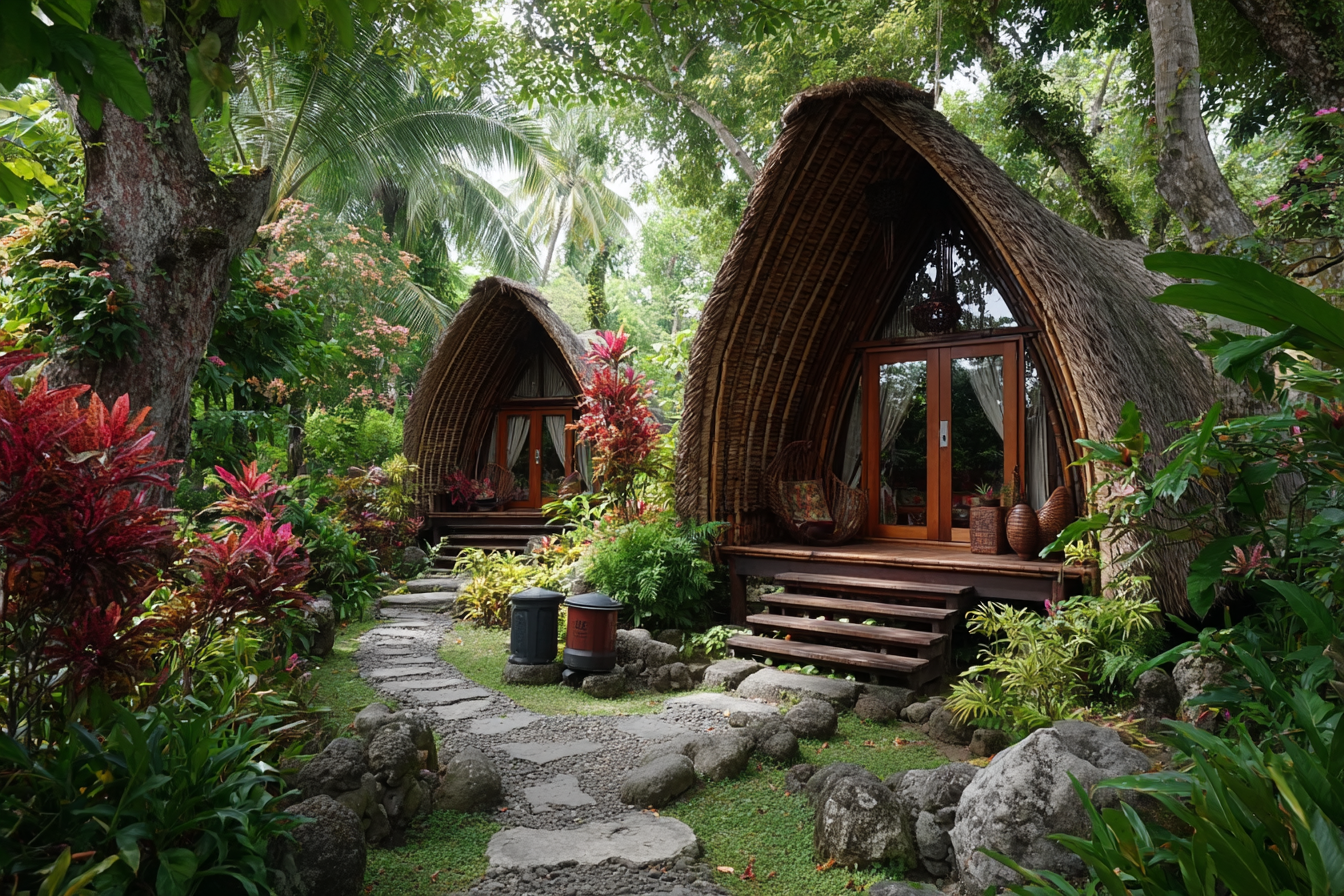Ubud, the cultural heart of Bali, is a destination loved by travelers from around the world. Known for its lush rice terraces, vibrant arts scene, and serene spiritual atmosphere, Ubud offers a unique experience to anyone who visits. However, with its growing popularity, it’s more important than ever to explore this magical place through the lens of sustainable travel. Adopting eco-friendly and responsible travel habits not only helps protect Ubud’s delicate environment but also enriches your visit by supporting local communities and preserving cultural traditions. Here’s how you can travel sustainably in Ubud and make your journey truly meaningful.
Why Sustainable Travel Matters in Ubud
Ubud’s charm is deeply rooted in its natural beauty and cultural authenticity. But these valuable assets face threats from increased tourism such as environmental degradation, waste accumulation, and cultural dilution. Sustainable travel puts a spotlight on minimizing these negative impacts while maximizing positive contributions to the community. When travelers commit to responsible practices, it helps preserve the rice fields, forests, and rivers, and sustains the livelihoods of local artisans, farmers, and cultural performers. Traveling sustainably is a way to respect Ubud’s land, people, and heritage, ensuring it remains a special place for future generations.
Choosing Eco-Friendly Accommodation
Where you stay has a significant impact on your overall carbon footprint and local community support. Fortunately, Ubud offers many eco-conscious accommodation options that blend comfort with sustainable practices.
Eco-resorts and guesthouses in Ubud often incorporate natural materials, solar energy, water-saving devices, and organic gardens. Many also actively engage in community projects and adopt waste reduction programs. Staying at such places means your tourism dollars support environmental stewardship and social responsibility.
Here are some tips for selecting green accommodation:
- Look for certifications such as Green Globe or EarthCheck.
- Choose locally owned lodgings to directly benefit the community.
- Prefer places that minimize plastic use and offer refillable water stations.
- Ask about their energy-saving and waste management initiatives.
Respecting Local Culture and Traditions
Ubud’s cultural fabric is vibrant and intricate, with rituals, ceremonies, and community values playing an essential role in daily life. As a visitor, showing respect and understanding towards local customs can enhance your experience and foster goodwill.
Here’s how to honor the culture during your visit:
- Dress modestly when visiting temples and sacred sites.
- Seek permission before photographing people, especially during traditional ceremonies.
- Be mindful of local etiquette, such as not pointing your feet at sacred objects and maintaining a respectful demeanor.
- Participate in cultural workshops or events responsibly, supporting authentic experiences rather than commercialized versions.
Supporting Local Businesses and Artisans
One of the best ways to make a positive impact is by channeling your spending to local entrepreneurs rather than large international chains. Ubud is renowned for its artisans crafting batik, woodcarvings, silver jewelry, and handwoven textiles. By purchasing directly from local makers, you help sustain their traditional crafts and boost community income.
Farmers’ markets and small cafes also benefit from your support. Opt for locally grown organic food, which promotes sustainable farming and reduces the carbon footprint of imported goods. When eating out, choose warungs (traditional eateries) where recipes and ingredients reflect the local environment.
Minimizing Waste and Plastic Use
Waste management is a major environmental challenge in Bali, and travelers can contribute by reducing the amount of waste they generate. Plastic pollution, in particular, harms wildlife and contaminates waterways.
Practical steps to minimize waste in Ubud include:
- Bringing a reusable water bottle and using refill stations.
- Avoiding single-use plastics like straws, cutlery, and shopping bags by carrying your own alternatives.
- Properly disposing of trash and encouraging others to do the same.
- Choosing products with biodegradable or minimal packaging.
Engaging in Responsible Nature Tourism
Exploring Ubud’s natural landscapes—such as the Tegalalang rice terraces, waterfalls, forests, and monkey sanctuaries—is a highlight of any visit. However, nature tourism needs to be approached with care to prevent habitat disturbance and maintain biodiversity.
Consider these responsible practices:
- Stay on marked trails to protect delicate plants and soil.
- Do not feed or touch wildlife, as it disrupts natural behaviors and can be harmful.
- Join guided tours with reputable operators who prioritize conservation.
- Carry out all litter and leave areas as you found them.
Participating in Community-Based Tourism
Community-based tourism (CBT) creates opportunities for cultural exchange and mutual benefit. In Ubud, CBT might include village homestays, volunteer projects, or workshops led by local residents.
These experiences offer authentic insight into daily life while ensuring that tourism income supports community development directly. By involving yourself in CBT initiatives, you contribute to a more equitable form of tourism that respects people’s dignity and empowers local stakeholders.
Understanding Carbon Footprint and Offsetting Options
Travel inevitably involves some level of carbon emissions, primarily from transportation. While it’s impossible to be completely carbon neutral, you can reduce your impact through thoughtful choices and offset programs.
Ways to manage your carbon footprint while visiting Ubud include:
- Using bicycles or walking for short distances instead of motorbikes or cars.
- Choosing electric or hybrid vehicle rentals where available.
- Booking flights with airlines that offer carbon offset options.
- Contributing to local reforestation or renewable energy projects that help balance emissions.
Offsetting your carbon footprint does not replace responsible travel behavior, but it’s an important additional step toward sustainability.
Travel with Purpose and Care in Ubud
Ubud’s allure goes beyond its beauty—it lies in the balance of nature, culture, and community that makes it so unique. By adopting sustainable travel practices, you become a part of preserving this harmony rather than disrupting it. Every small choice, from where you stay to what you eat and how you interact, contributes to a larger impact.
Traveling responsibly not only protects Ubud’s environment and traditions but also deepens your connection to the place and its people. When approached with respect and mindfulness, your journey to Ubud will be fulfilling, inspiring, and leave a positive footprint on this enchanting destination.







